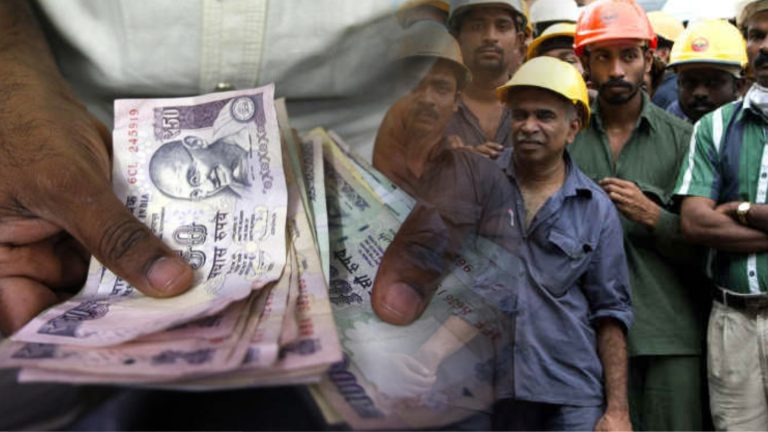The Centre is considering linking the wage ceiling under the Employees’ Provident Fund Organisation (EPFO) to the consumer price index or some other measures to allow periodic revision. The options under consideration include linking the wage ceiling to the consumer price index or dearness allowance or the median wage, the Economic Times reported.
The matter was discussed at a recent meeting of the ad-hoc committee on EPFO coverage.
The labour ministry will hold consultations with all the stakeholders before a proposal is prepared. The labour ministry will decide its steps as per the recommendation of an expert committee, which is likely to be formed soon to suggest the most appropriate index, the report added quoting a senior government official.
The wage ceiling under the EPFO has been revised only eight times since the launch of the scheme in 1952. The wage ceiling has been increased from ₹ 300 in 1952 to ₹ 6,500 in 2001. The EPFO wage ceiling was revised for the last time in 2014 when it was raised to 15,000.
If approved, the government’s measure will enhance the EPFO coverage. However, this would mean an additional cost to the employers and the government.
As per the present scheme, an employer makes a contribution of 12 percent of the worker’s basic salary toward the provident fund, out of which 8.33 percent goes towards the pension of the employee. The government contributes an additional 1.16 percent to the Employees’ Pension Scheme for every worker.
Last month, the government reduced the interest rate on the EPF deposits to 8.1 percent for the financial year 2021-22 from 8.5 percent in the previous year. This was the lowest interest rate since 1977-88 when it stood at 8 percent.
























Add comment